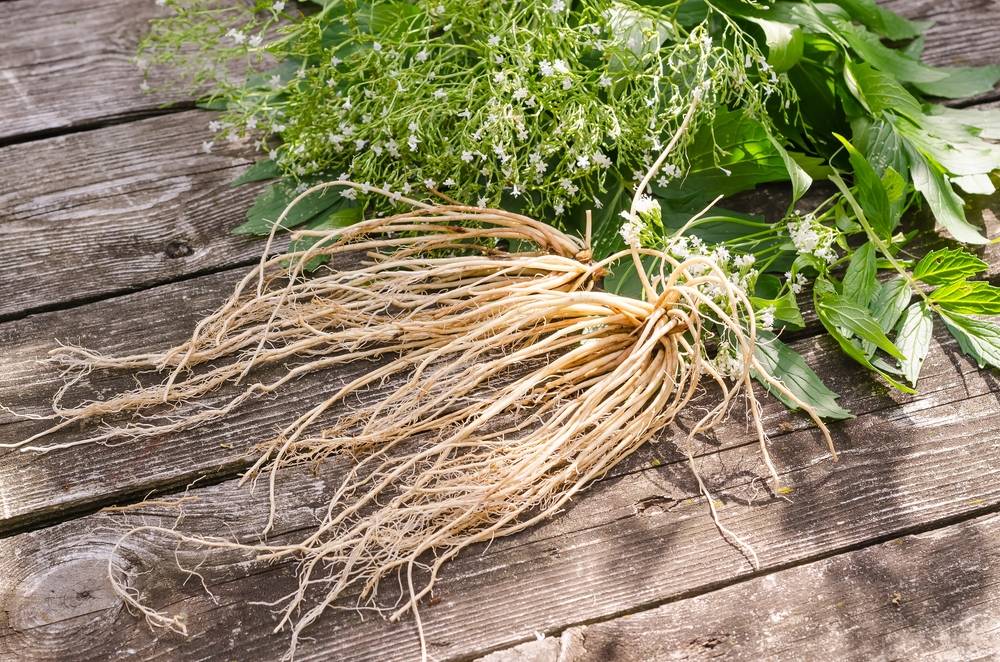Insomnia is a common sleep disorder that make people hard to fall asleep, stay asleep, or wake up too early and not be able to get back to sleep again. It can make us hard to concentrate and think properly. People may feel irritable, sad in the day and experience mild to severe headaches. In the long term, insomnia can predispose to many health conditions including depression, anxiety, cardiac arrhythmia, heart failure, and asthma.
A 2017 study carried out in China indicated that around 15% of Chinese population experience insomnia. Meanwhile, multiple studies done in South Korea indicated the prevalence rates of insomnia in the country ranged from 35.4% to 70%. Worldwide, the prevalence varies from 6 to 76.3% across various countries. In short, insomnia could be more common than many of us have thought. Many people end up taking sleeping pills, which could help to a certain extent. However, these sleeping pills may have side effects which can potentially result in long term complications. Instead, this article will bring you 6 natural remedies to help you sleep better.
1. Melatonin
Though sounds like a medication, melatonin is hormone that is produced by our body naturally when our body clock ‘thinks’ we should go to bed. However, people with insomnia could have defective mechanism of melatonin production. It is usually made into tablets and sold over the counter, which patients can access without a prescription. Check the label for usage instructions.

Figure 1. Melatonin tablets
2. Magnesium
Just like melatonin, magnesium is a mineral that our body produces on a regular basis. We also access magnesium from our food. Pumpkin seeds, chia seeds, spinach, soymilk are examples of food rich in magnesium.
In our body, magnesium serves to relax the muscle and reduces stress level. A 2012 research concluded that daily magnesium supplement can significantly improve sleeping time and quality.
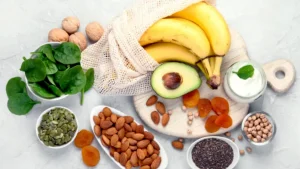
Figure 2. Food that are rich in magnesium
3. Valerian Root
Valerian is a herb that is commonly used to help people with insomnia since the Middle Ages. Modern chemistry concluded that Valerian contains valerenic acids, such as monoterpenes and sesquiterpenes that give the root a sedative effect. Choices for insomnia patients including valerian root tea, and valerian root tablets. Simply drink a small amount before going to bed, or follow the instructions on the label.
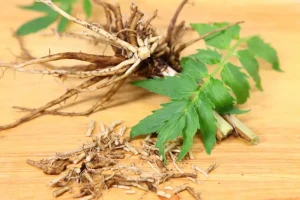
Figure 3. Valerian root
4. Lavender
Lavender buds contain substances that stimulate our body’s production of melatonin, which gives rise to the sense of tiredness and sleepiness. Lavender products including lavender oil, tea and patches could all improve sleep quality. A 2020 study investigating plant extract for sleep disorders found that lavender products could improve the onset of sleep, sleep duration and quality of sleep.
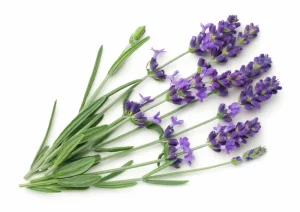
Figure 4. Lavender
5. Yoga
Yoga is a group of physical, mental, and spiritual practices originated in India. As an exercise, it improves strength, balance, and flexibility. As a holistic activity, if done properly, it helps to relax the mind and reduce your stress level. For beginners, choose sets for movements that focus more on moving meditation or breath work, rather than difficult manoeuvres which require strenuous physical strength. It has been shown to benefit all age ranges and improve sleep.
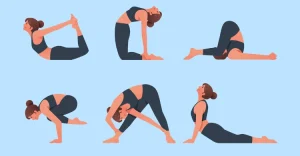
Figure 5. Yoga
6. Exercise
Staying physically active keeps people healthy and makes you sleep better. Getting at least 150 minutes of moderate aerobic activity or 75 minutes of vigorous aerobic activity a week could not only lower your cardiovascular disease risk, but also offer you a better night of sleep. Research indicated that intensive exercise during early morning or afternoon could best help with sleep.

Figure 6. Exercise

